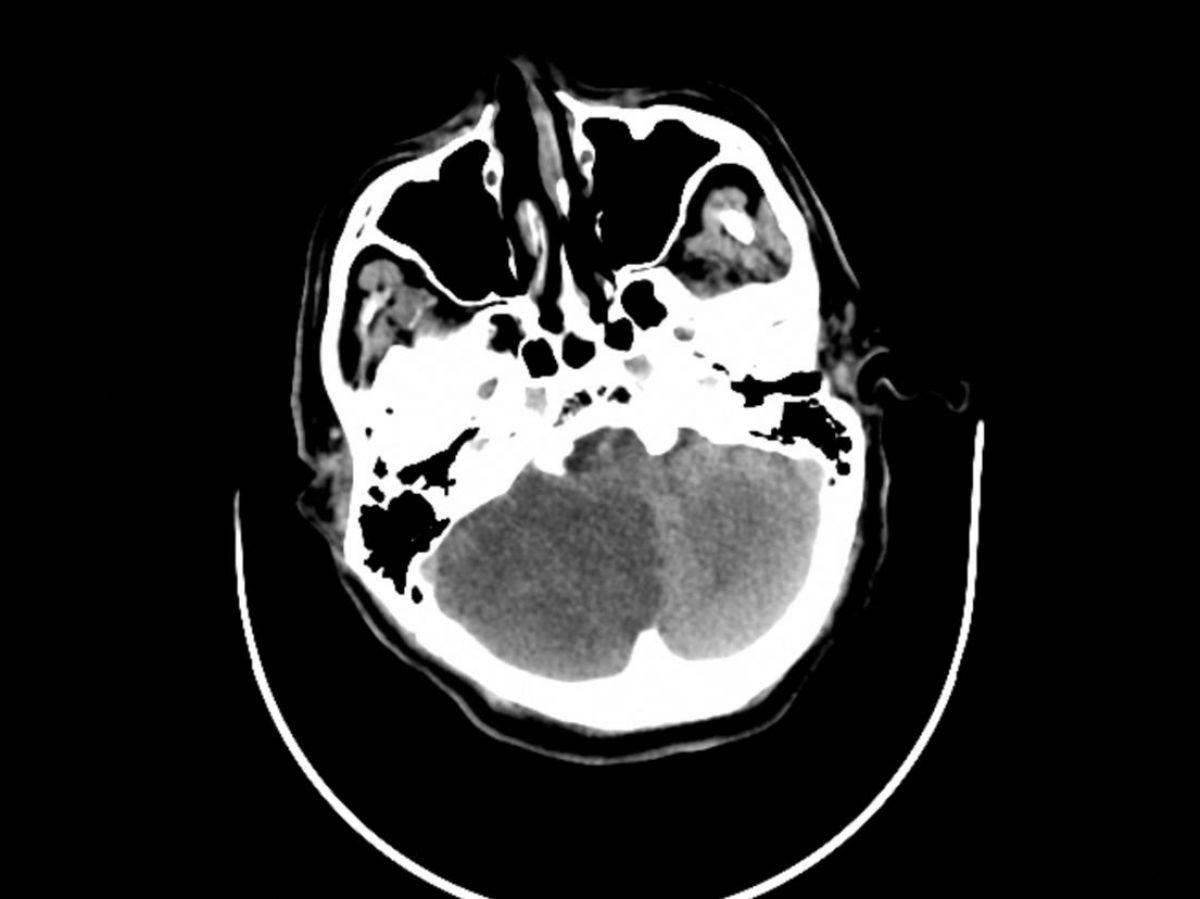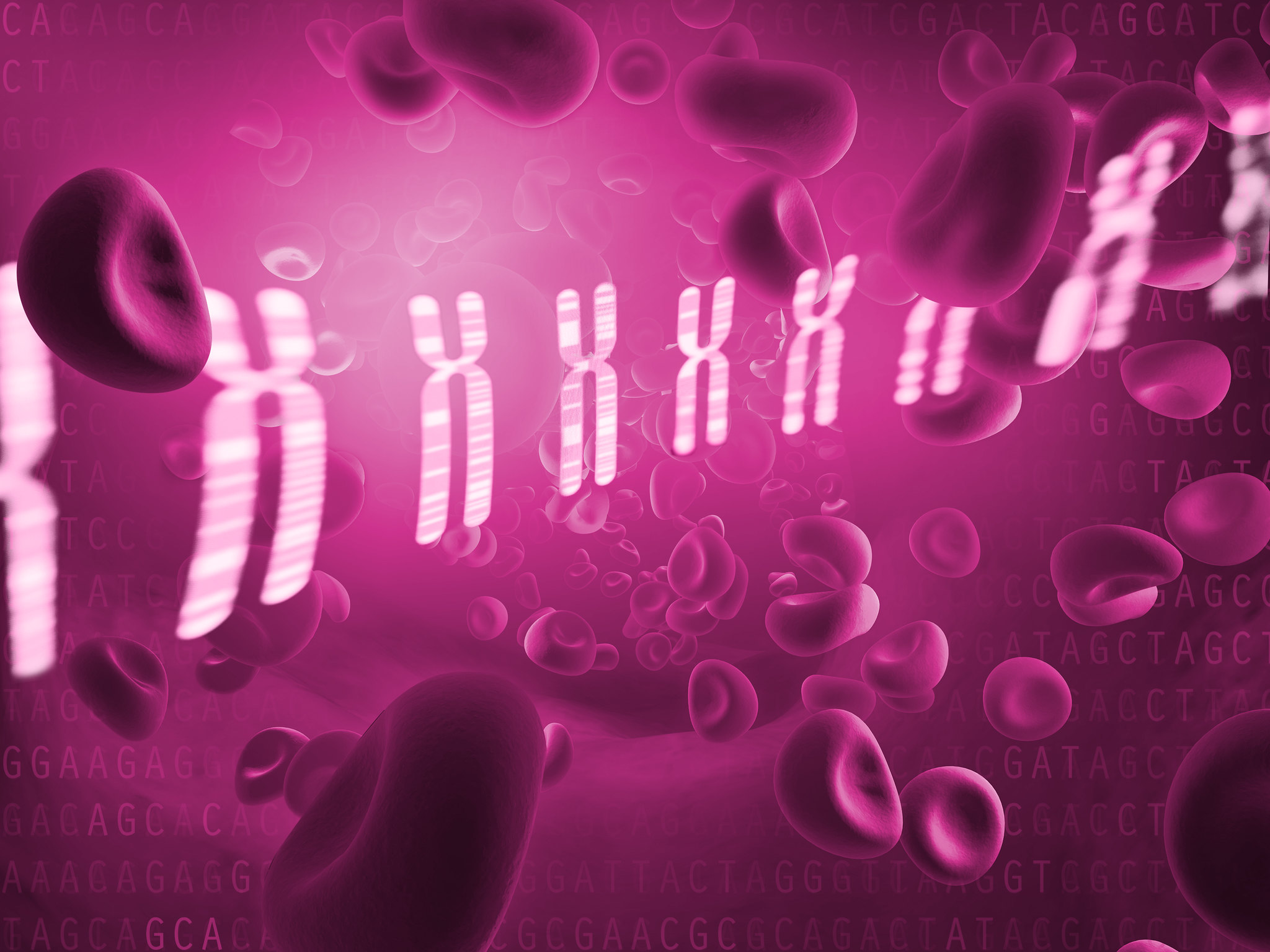It's a cruel paradox for the tens of thousands of French stroke victims each year. While immense medical progress has been made, a large proportion of patients benefit from it too late, or not at all.
“ We have made so much scientific progress that we must now focus on providing healthcare and implementing these magnificent discoveries." , summarizes neurologist Charlotte Cordonnier, president of the French Neuro-Vascular Society (SFNV), to AFP on the occasion of World Stroke Day on October 29.
Each year, strokes kill 35,000 people in France, making them the leading cause of death for women and the second leading cause for men. Survivors are often left with significant long-term disabilities: when someone acquires a disability, it is most often due to a stroke. However, according to specialists, France is not doing enough, with many patients receiving inadequate care, both at the onset of their symptoms and in their longer-term follow-up.
However, healthcare professionals are not powerless. Since the late 1990s, medical innovations have proliferated, ultimately revolutionizing the treatment of strokes, at least the most common type caused by a blood clot blocking an artery. Previously, " The prognosis was truly bleak; there was no effective treatment. In twenty years, that has changed, and it continues to do so." explains neurologist Sébastien Richard, a member of the French research network Strokelink, to AFP.
Techniques have changed the game: from the 2000s, intravenous thrombolysis, which aims to dissolve the offending clot, then, since the mid-2010s, mechanical thrombectomy, a very high-precision operation that allows the clot to be directly removed using a tube that passes through the body from the leg to the brain.
Another major advance is the creation of dedicated stroke units in hospitals. Experience shows that these "neurovascular units," staffed by healthcare professionals with extensive knowledge of the condition, significantly increase the chances of recovery. Ultimately, over the past twenty years or so, the mortality rate has been halved: one in four stroke patients dies in France, rather than one in two.
Read alsoThis experimental drug for treating strokes is effective for up to six hours after the event.
A stroke every four minutes
But in reality, not everyone benefits from these advances. This observation, made for several years by medical specialists, is echoed this week by two major institutions: the High Authority for Health (HAS) and the Court of Auditors, which specializes less in health than in evaluating public policies.
In separate publications, the two make recommendations that largely overlap. First, improve information on strokes because, when symptoms appear – sudden paralysis of a limb, sudden speech difficulties, loss of vision in one eye… – too many patients do not react by calling 15 in an emergency, even though every minute counts.
But above all, they highlight inequalities in care, particularly across different regions. According to the Court of Auditors, only half of stroke victims are taken to a neurovascular unit: some 70,000 people are thus deprived of the opportunity to receive optimal treatment, primarily due to a lack of beds and staff. In the longer term, patients receive inadequate follow-up care. Of those who would benefit from comprehensive rehabilitation, approximately one-third do not access a rehabilitation service, jeopardizing their chances of recovery, or even of avoiding a recurrence.
The Court specifically recommends the relaunch of a major national plan. The State had implemented one in the early 2010s, notably leading to the creation of around one hundred dedicated units. But since then, "The involvement and coordination of all stakeholders gradually waned."", regrets the institution, which estimates the overall cost of stroke care in France at 4.5 billion euros.
Specialists see this as a sign of a relative lack of visibility, or even a form of taboo, believing, like Ms. Cordonnier, that a celebrity will be more inclined to speak publicly about their cancer than their stroke. Yet, " In France, there is a stroke every 4 minutes; it's not considered a rare disease." she concluded.


